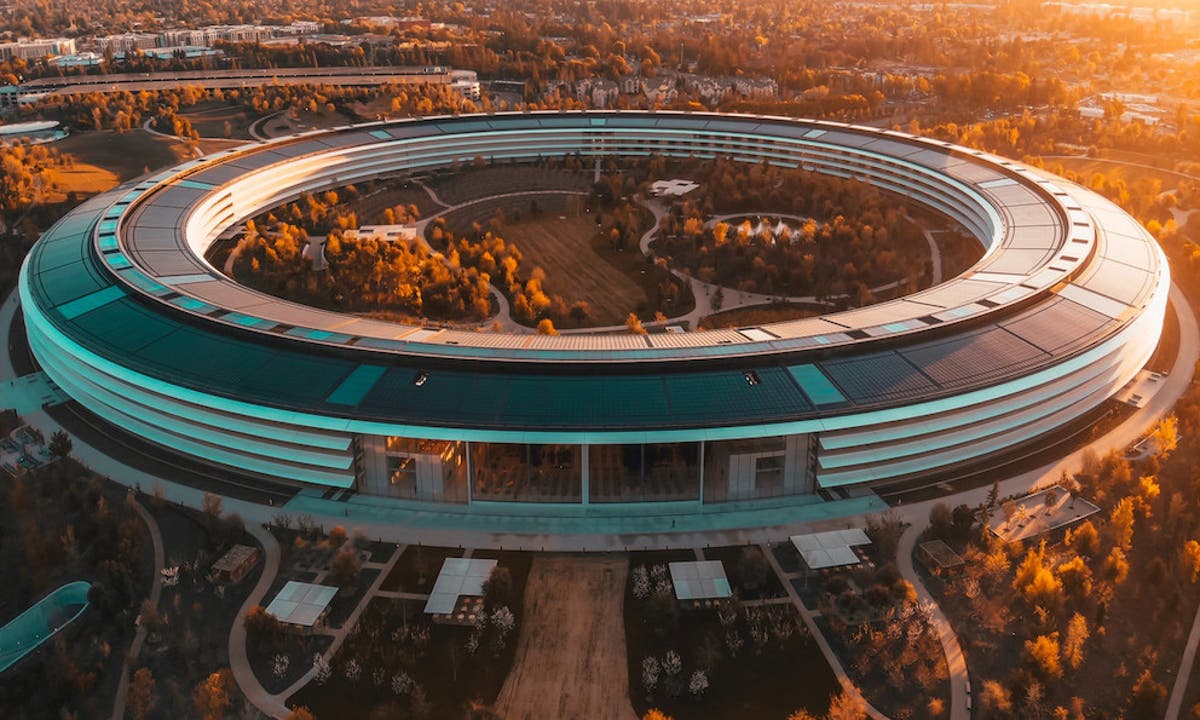TikTok also grows in misinformation

The relationship between social networks and disinformation is more than evident, and TikTok could not be an exception. It is true that at this point the main protagonists are Facebook and Twitter, with a medal of honor for the first after the Cambridge Analytica scandal, which was probably the first big step in the tortuous path that the company has followed since then in two years. fundamental aspects: lack of security and disinformation tool.
The influence, if not interference, of social media misinformation on electoral events made headlines in the Brexit cases and in the 2016 US presidential election, in which Donald Trump won the presidency. However, these were not the only cases.. Also in 2016, elections took place in the Philippines, and they became another example, according to multiple fact checkers, of the importance that disinformation gained in said electoral process. Again, with Facebook and Twitter as the main protagonists.
Now, however, and according to what we can read on Yahoo! Finance, TikTok would be gaining quite a bit of traction in the spread of disinformation, also taking into account the current circumstances in the Philippines, something that can undoubtedly be extrapolated to many other geographies, in which similar circumstances are also occurring. And it is key to take this trend into account, since it attacks an audience that is quite skeptical about politics and, therefore, manipulable in this regard.

In order to try to limit the impact of disinformation on the platformTikTok is collaborating with the Philippine Election Commission ahead of today’s election. However, the opacity of TikTok regarding the algorithm it uses to choose what content it shows to each user is, in this case, a problem when it comes to finding out the use that disinformers make of the social network, and its effectiveness. .
This is not, of course, a peculiarity of TikTok, since we have already seen this problem in other social networks. However, as I indicated earlier, this particular network has experienced significant growth in the Philippines, and the same has been used by the family of Ferdinand Marcosdictator of the archipelago between 1965 and 1986. Thus, despite the fact that the Marcos’ departure from power left a rather dark memory in the country, his heirs have launched a very successful public relations campaign to rehabilitate his image.
On social media, including Facebook, YouTube, and TikTokthe accounts promote a “kinder” version of the family’s history, describing the years marked by state violence and martial law as “the golden years”. His message places Marcos’ children, particularly Marcos Jr., as the legitimate heirs to the country’s leadership, something that has already allowed him to be one of the main candidates in this electoral process.




